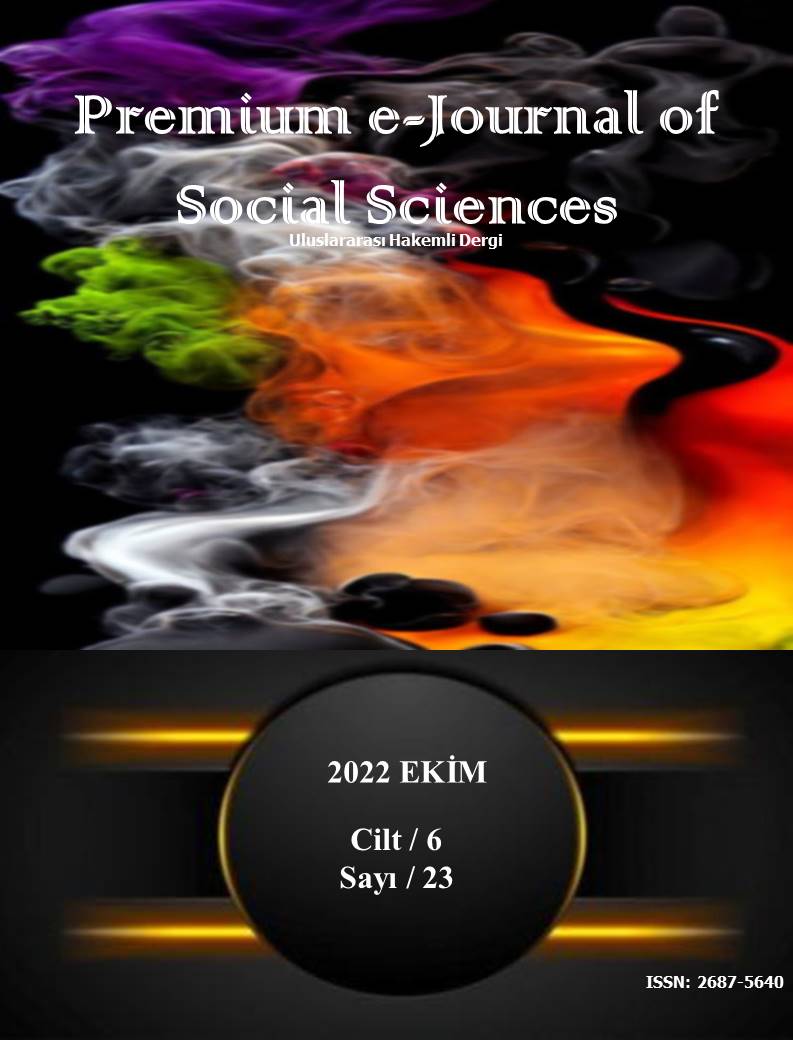THE MEDIATING ROLE OF TEAM COMMUNICATION REGARDING THE IMPACT OF INNOVATION STRATEGIES ON ATTITUDE TOWARD CHANGE
DOI:
https://doi.org/10.37242/pejoss.4250Keywords:
Innovation strategies, attitude toward change, team communication, municipalitiesAbstract
The main condition for organizations to keep up with changing environmental circumstances involves the implementation of innovation strategies. The implementation of such changes is perceived by employees through different aspects. In organizations with strong team communication, employees’ attitudes toward change tend to improve more positively. In this study; the relationships between “innovation strategies”, “attitude towards change” and “team communication” were investigated. The findings of the research consist of the results obtained from 250 survey questionnaires applied to the employees of ORBEL Corp. The data relating to the research were analyzed via the IBM SPSS 24 statistical software. In this study; the “exploratory factor”, “internal consistency”, “Pearson’s correlation”, “hierarchical regression”, and “Sobel test” analyses were conducted. According to the results obtained from the participants; the implementation of innovation strategies in organizations was detected to affect team communication among employees, which was detected to positively and linearly affect their attitudes toward change. Concurrently, the implementation of innovation strategies could indirectly affect the attitudes of employees towards such a change in a significant and positive manner in the presence of strong team communication. In other words, the team communication variable in the research model assumed a fully mediating role. All things considered, it was concluded that the implementation of innovation strategies positively affected the attitudes of employees in organizations with strong team communication towards such change and mitigated the resistance to change.
Downloads
Downloads
Published
How to Cite
Issue
Section
License
Copyright (c) 2022 Premium e-Journal of Social Science (PEJOSS)

This work is licensed under a Creative Commons Attribution 4.0 International License.


